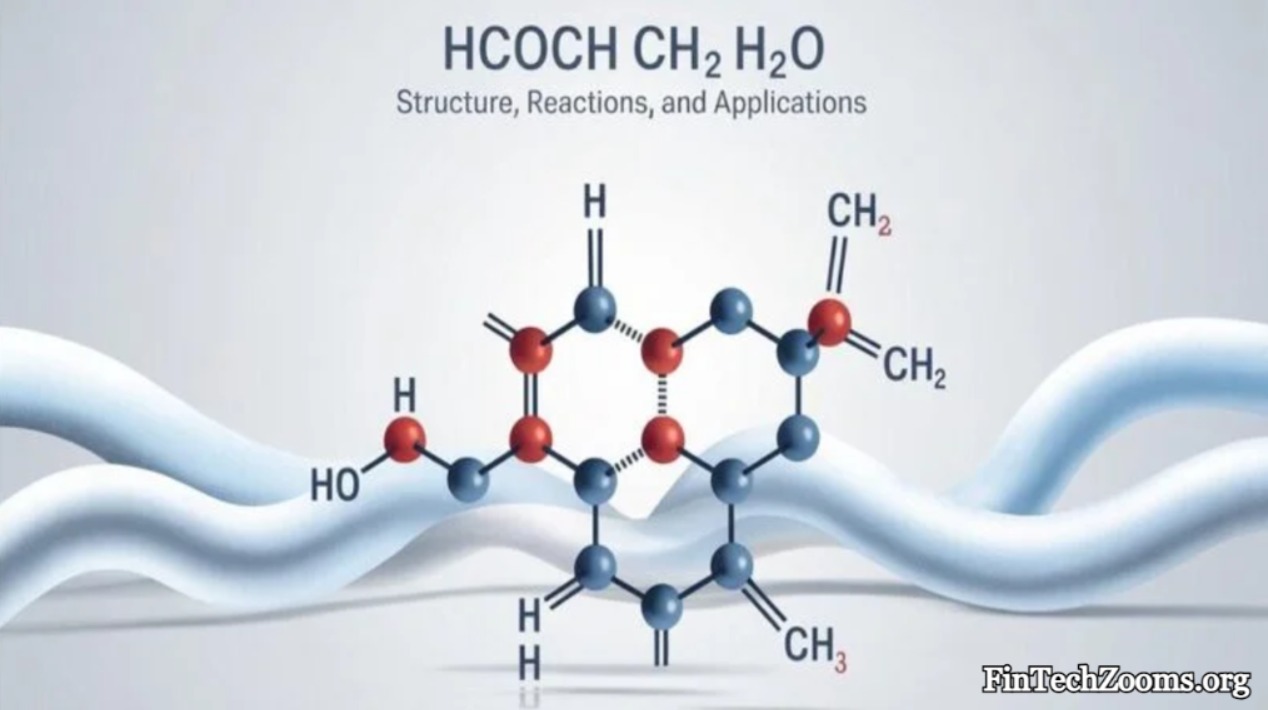With the healthcare industry evolving at a rapid pace, the demand for advanced expertise in pharmaceutical sciences has never been greater. A master’s degree in this field equips graduates with a comprehensive understanding of drug development, regulatory affairs, and therapeutic innovations. This advanced qualification opens the door to myriad career paths, enhancing employability and potential for advancement in a competitive sector. Delving into a specialized academic journey enriches both personal growth and professional acumen. Below, we explore the multifaceted advantages of pursuing a master’s degree in pharmaceutical sciences.
Advancing Pharmaceutical Knowledge and Research Skills
Engaging in an advanced pharmaceutical sciences program allows students to delve into specialized research, often contributing to groundbreaking work in drug therapies and medical treatments. Through such programs, students enhance their critical thinking and scientific inquiry skills, positioning them at the forefront of innovation in the biomedical field.
The curriculum typically incorporates real-world scenarios, immersing students in practical challenges that pharmaceutical professionals encounter. This type of hands-on experience is fundamental in translating theoretical knowledge into meaningful pharmaceutical applications. Cutting-edge laboratories and research centers often become the playground for such experimentation and learning.
The pursuit of a master of science in pharmaceutical sciences not only equips one with the technical skills needed but also fosters a holistic approach to solving health-related issues. Students train to develop solutions that consider patient welfare, ethical considerations, and global health impacts, an essential skill set for contemporary pharmaceutical practice.
Enhancing Your Professional Network in the Pharmaceutical Industry

Networking opportunities abound for master’s degree students in pharmaceutical sciences. These connections are not merely additions to one’s contact list but are potential collaborators, mentors, and gateways to opportunities in industry, academia, and beyond. Engaging with professionals during one’s studies often leads to fruitful collaborations and career opportunities after graduation.
Universities and colleges typically host conferences, seminars, and symposiums that allow students to mingle with industry experts and leaders. These events not only offer insights into current industry trends but also serve as a platform for students to showcase their own research and capabilities to potential employers or collaborators.
Alumni groups and professional associations in pharmaceutical sciences provide another layer of networking. Membership in these groups can lead to exclusive job postings, insider industry knowledge, and professional development resources. Being active in such communities can significantly propel one’s career trajectory.
The Financial Upside of Specialized Pharmaceutical Education

Earning a master’s degree in pharmaceutical sciences can significantly impact one’s earning potential. Graduates often enjoy higher starting salaries and more rapid career progression than their counterparts with only a bachelor’s degree. The investment in advanced education frequently yields a high return throughout a professional career.
Specialization in niche areas of pharmaceutical sciences, such as pharmacogenomics or biotechnology, can further increase one’s value in the job market. With unique skill sets, graduates can command premium salaries and are often sought after by top-tier employers eager to leverage their specialized knowledge.
The growth potential within the pharmaceutical industry is considerable, with opportunities for advancement into senior management and executive positions. Advanced degrees demonstrate a commitment to one’s field, a quality that is often rewarded with leadership roles and the corresponding higher salary brackets associated with these positions.
Navigating the Regulatory Landscape of Pharmaceutical Science
One of the most critical aspects of the pharmaceutical industry is its regulatory environment. Master’s programs in pharmaceutical sciences dedicate considerable attention to teaching students about international standards and guidelines, such as those from the FDA, EMA, and ICH. This knowledge is vital for ensuring the safety and efficacy of pharmaceutical products entering the market.
Students learn how to navigate the complex regulatory submission process, which is a key component of bringing new drugs to fruition. Understanding regulatory compliance not only prevents costly mistakes but also ensures that products reach patients without unnecessary delays. This regulatory savvy becomes a powerful tool in the hands of pharmaceutical professionals.
Overall, the advantages of obtaining a master’s degree in pharmaceutical sciences are clear, extending from improved career opportunities and research capabilities to enhanced network growth and financial gain. The educational journey enriches both the intellect and the career prospects of graduates, furnishing them with the expertise needed to navigate the complex landscape of pharmaceutical science with confidence and integrity.



